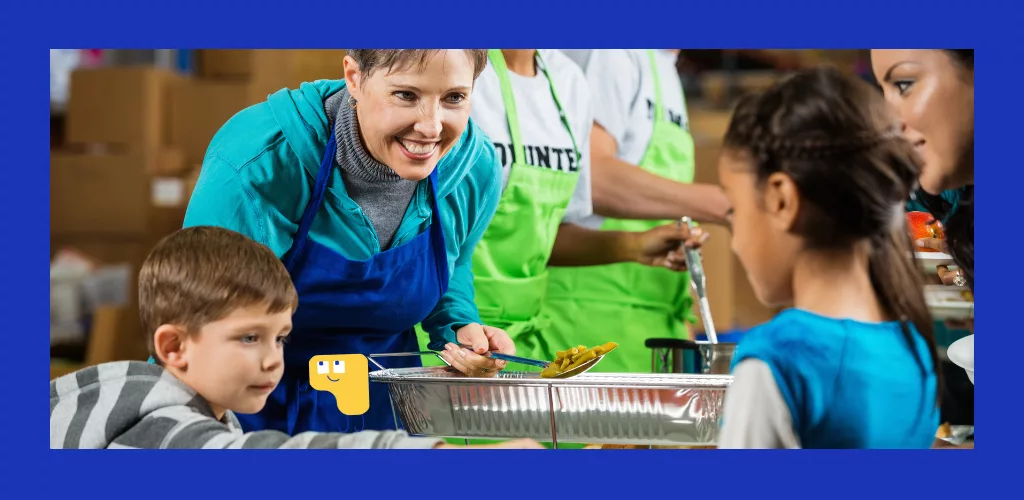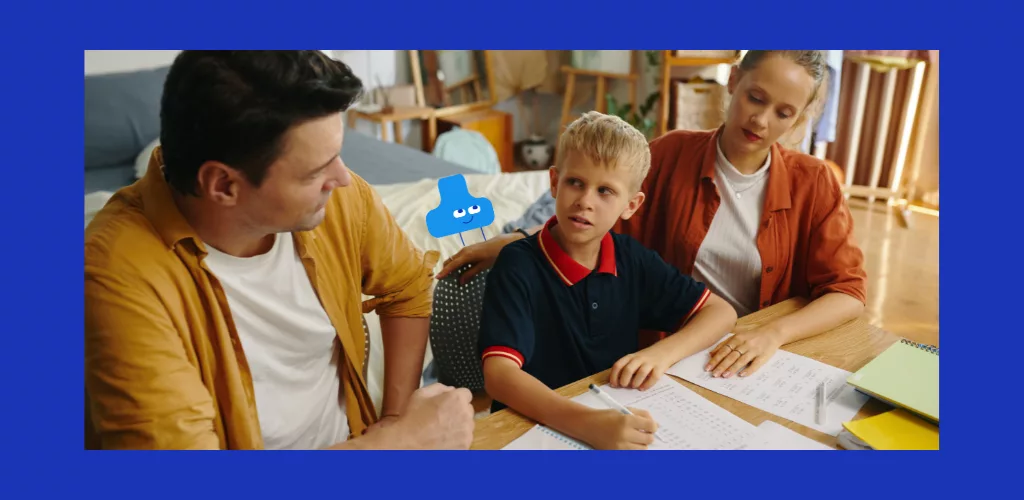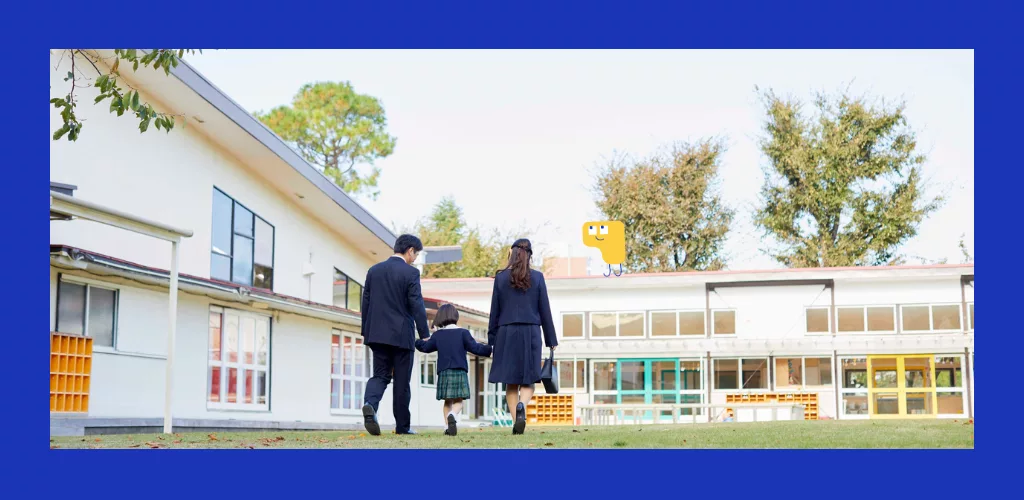How about overcoming our parental schizophrenia when it comes to screens?
Do as I say, not as I do!
Let's be honest. We spend our days telling our kids:
❌ "You spend too much time in front of the screen!" - while we spend all day on our computers.
❌ "Dinnertime! Stop playing!" - but we ourselves are scrolling LinkedIn without listening to them.
❌ "It's bedtime, turn off the screen, blue light is bad for your sleep" - while we're still looking at Insta stories before bed.
In short, we're often in "Do as I say, not as I do" mode 🤪.
And guess what? Our kids imitate us.
The screen is a problem when it screens the parent-child relationship.
How to get out of it? I have a few ideas...
1. Reflecting on our own screen use: an example to set
Far be it from me to preach perfection (I'm far from exemplary on this subject). But I have set myself a few simple rules to restore a little balance at home:
- No phones at the table.
- No screen in the room.
- And no screens in front of the TV (yes, we're all guilty of that double screen!).
The key is exemplarity. Our children observe and imitate what we do. It's not just a question of screen time, but rather how and why we use those screens.
2. The digital triptych: Content, Container, Context
When it comes to regulating my children's use of screens, I apply three simple rules:
- Content: What are you looking at? Is it appropriate and useful?
- Container : On which tool? Phone, tablet, computer?
- Context: Where and when do you use this screen? Is it the right time?
These three questions help to structure their use and make the digital less invasive, but above all more conscious.
3. Getting them to understand digital tools: the example of algorithms
I'm particularly keen that my children understand what they have in their hands.
I remember the first discussion I had with my eldest son, then in first grade, about YouTube. He was watching "C'est pas sorcier" (so far so good).
A few minutes later, he comes across a toy unboxing video... and immediately dreams of that perfect life where children unwrap presents all day long.
It was the perfect opportunity to talk to him about YouTube's algorithms and how they push content to keep our attention. Technology is magic, but you have to know what's behind it if you don't want to be a slave to it.
4. Tools to equip them for the digital world
To help my children understand the digital world in which they live, I decided to go further than simply limiting them to the screen. My eldest son took his first coding course with Magic Makers back in first grade, to understand what's behind Waze or Netflix. We've also taken part in COLORI workshops and Startup For Kids events to discover age-appropriate digital tools.
When he started playing online video games with his classmates, we attended online conferences on "digital and attention" and "robots and data" via Confkids.
In short, I strive to arm them with the tools they need to use screens, so that they become responsible, enlightened users.
5. The responsibility of adults: providing better digital training
Let's be clear: the problem isn't screens. The real problem is that we adults aren't sufficiently trained to support our children in their use of digital technology. We can no longer simply say "they spend too much time in front of screens".
Our children are exposed to cyberbullying, fake news and many other online dangers. It's not because of the screens themselves, but because we don't give them the tools to defend themselves.
To help parents live better with digital technology at home, I've developed a dedicated training course: "Parents Zen", available at the SOFT KIDS Academy.
Understanding and supporting rather than limiting
Digital technology is part of our children's lives, whether we like it or not. Rather than restricting without explanation, it's essential to understand these tools and support them in their use.
So, are you ready to break out of this parental schizophrenia and set an example?
The Soft Kids team 🌈




0 comments